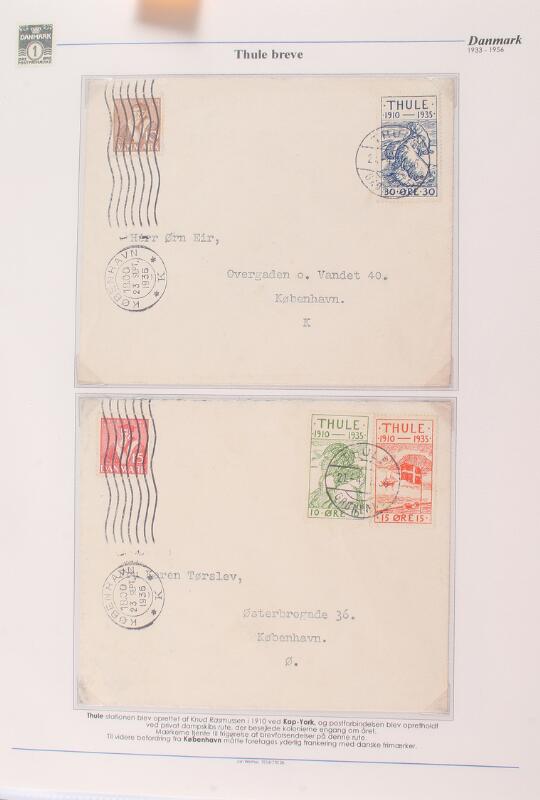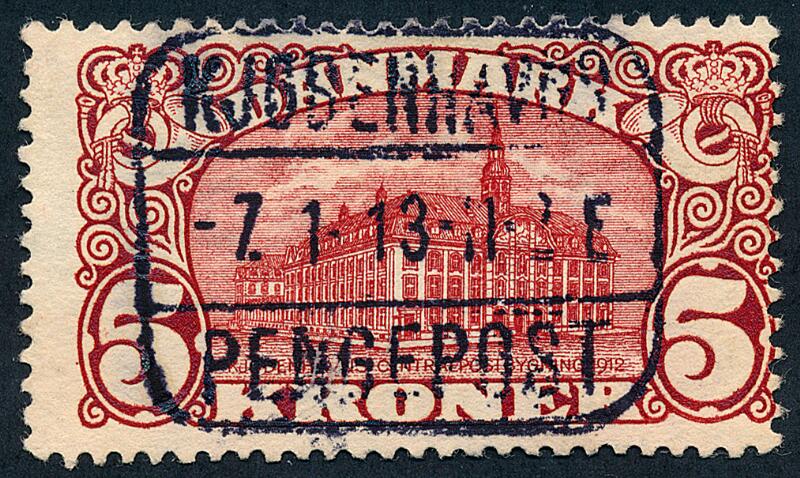A most unusual and impressive Great War D.S.O. group of nineteen awarded to Brigadier G. S. Parkinson, Royal Army Medical Corps Distinguished Service Order, G.V.R., silver-gilt and enamels; The Order of St. John of Jerusalem, Officer ‘s (Brother’s) breast badge, silvered-metal and enamel; Queen’s South Africa 1899-1902, 5 clasps, Cape Colony, Rhodesia, Orange Free State, Transvaal, South Africa 1901 (15492 Tpr., 75th Coy. 18th Imp. Yeo.); 1914 Star (Capt., R.A.M.C.); British War and Victory Medals, M.I.D. oak leaf (Lt. Col.); 1939-45 Star; Italy Star; Defence and War Medals; Jubilee 1935; Coronation 1937; French Legion of Honour, Chevalier’s breast badge, silver and enamel, gold centre; French Croix de Guerre 1914-1918; French Medaille de la Reconnaissance, silver; Portuguese Military Order of St. Avis, Chevalier’s breast badge, gilt and enamel; U.S.A., Legion of Merit, Officer’s breast badge, gilt and enamel; U.S.A., Typhus Commission Medal; Italian Red Cross, Merit Medal, enamel work and arm points of the Legion of Honour damaged, otherwise very fine and better (19) £1600-1800 Footnote D.S.O. London Gazette 1 January 1918. O. St. J. London Gazette 23 June 1939. George Singleton Parkinson was born in October 1880 and was educated at Bath College. Volunteering for active service in the Imperial Yeomanry on the outbreak of hostilities in South Africa in October 1899, he served in the 75th (Sharpshooters) Company, 18th Battalion, as a member of that unit’s original contingent of 120 men, and qualified for the above described Medal and clasps. Returning to his studies in 1902, he qualified as a Member of the Royal College of Surgeons (M.R.C.S.) and as a Licentiate of the Royal College of Physicians (L.R.C.P.) in 1906, and was commissioned into the Royal Army Medical Corps in August 1908. By the outbreak of hostilities in August 1914, he was serving as a Captain in Southern Command, but was immediately embarked for active service in the B.E.F., in which capacity he served without respite until the Armistice in 1918, initially as Deputy Assistant Director of Hygiene and latterly as Assistant Director of Medical Services, 1st Army, not least in the Lys offensive of April 1918. He was awarded the D.S.O. and three times mentioned in despatches (London Gazettes 1 January 1916, 29 May and 24 December 1917 refer), in addition to receiving the French Legion of Honour (Chevalier) and Croix de Guerre (London Gazette 6 November 1918), and Portuguese Military Order of Aviz (Chevalier) (London Gazette 21 August 1919). The award of his French Medaille de la Reconnaissance was also for services in the Great War, but the relevant announcement did not appear in the London Gazette until 2 March 1926. Parkinson served as Deputy Assistant Director of Hygiene and Medical Officer of Health at Gibraltar 1919-23 and, on returning to the U.K., was appointed Assistant Professor of Hygiene at the Royal Army Medical College, in which latter capacity he served until being placed on the Reserve of Officers as a Lieutenant-Colonel in August 1928. In the following year he took up appointment as an Assistant Director and Lecturer at the London School of Hygiene and Tropical Medicine, but was recalled to the R.A.M.C. in September 1939, when he served briefly at Millbank before returning to the London School of Hygiene and Tropical Medicine as acting Dean, in place of Sir Wilson Jameson. Here he remained employed until 1943, when he was selected for service as Director of the Allied Military Government in Sicily and Italy, and was attached to the National Headquarters of the Armistice Control Commission in Italy 1944-45, latterly in the acting rank of Brigadier. During his tour with the Allied Military Government, he played a prominent part with the American Forces in controlling the typhus outbreak that broke out in Italy - particularly in Naples where mass delousing of the civilian populace was carried out under the Commission’s supervision. He was awarded the C.
A most unusual and impressive Great War D.S.O. group of nineteen awarded to Brigadier G. S. Parkinson, Royal Army Medical Corps Distinguished Service Order, G.V.R., silver-gilt and enamels; The Order of St. John of Jerusalem, Officer ‘s (Brother’s) breast badge, silvered-metal and enamel; Queen’s South Africa 1899-1902, 5 clasps, Cape Colony, Rhodesia, Orange Free State, Transvaal, South Africa 1901 (15492 Tpr., 75th Coy. 18th Imp. Yeo.); 1914 Star (Capt., R.A.M.C.); British War and Victory Medals, M.I.D. oak leaf (Lt. Col.); 1939-45 Star; Italy Star; Defence and War Medals; Jubilee 1935; Coronation 1937; French Legion of Honour, Chevalier’s breast badge, silver and enamel, gold centre; French Croix de Guerre 1914-1918; French Medaille de la Reconnaissance, silver; Portuguese Military Order of St. Avis, Chevalier’s breast badge, gilt and enamel; U.S.A., Legion of Merit, Officer’s breast badge, gilt and enamel; U.S.A., Typhus Commission Medal; Italian Red Cross, Merit Medal, enamel work and arm points of the Legion of Honour damaged, otherwise very fine and better (19) £1600-1800 Footnote D.S.O. London Gazette 1 January 1918. O. St. J. London Gazette 23 June 1939. George Singleton Parkinson was born in October 1880 and was educated at Bath College. Volunteering for active service in the Imperial Yeomanry on the outbreak of hostilities in South Africa in October 1899, he served in the 75th (Sharpshooters) Company, 18th Battalion, as a member of that unit’s original contingent of 120 men, and qualified for the above described Medal and clasps. Returning to his studies in 1902, he qualified as a Member of the Royal College of Surgeons (M.R.C.S.) and as a Licentiate of the Royal College of Physicians (L.R.C.P.) in 1906, and was commissioned into the Royal Army Medical Corps in August 1908. By the outbreak of hostilities in August 1914, he was serving as a Captain in Southern Command, but was immediately embarked for active service in the B.E.F., in which capacity he served without respite until the Armistice in 1918, initially as Deputy Assistant Director of Hygiene and latterly as Assistant Director of Medical Services, 1st Army, not least in the Lys offensive of April 1918. He was awarded the D.S.O. and three times mentioned in despatches (London Gazettes 1 January 1916, 29 May and 24 December 1917 refer), in addition to receiving the French Legion of Honour (Chevalier) and Croix de Guerre (London Gazette 6 November 1918), and Portuguese Military Order of Aviz (Chevalier) (London Gazette 21 August 1919). The award of his French Medaille de la Reconnaissance was also for services in the Great War, but the relevant announcement did not appear in the London Gazette until 2 March 1926. Parkinson served as Deputy Assistant Director of Hygiene and Medical Officer of Health at Gibraltar 1919-23 and, on returning to the U.K., was appointed Assistant Professor of Hygiene at the Royal Army Medical College, in which latter capacity he served until being placed on the Reserve of Officers as a Lieutenant-Colonel in August 1928. In the following year he took up appointment as an Assistant Director and Lecturer at the London School of Hygiene and Tropical Medicine, but was recalled to the R.A.M.C. in September 1939, when he served briefly at Millbank before returning to the London School of Hygiene and Tropical Medicine as acting Dean, in place of Sir Wilson Jameson. Here he remained employed until 1943, when he was selected for service as Director of the Allied Military Government in Sicily and Italy, and was attached to the National Headquarters of the Armistice Control Commission in Italy 1944-45, latterly in the acting rank of Brigadier. During his tour with the Allied Military Government, he played a prominent part with the American Forces in controlling the typhus outbreak that broke out in Italy - particularly in Naples where mass delousing of the civilian populace was carried out under the Commission’s supervision. He was awarded the C.















Testen Sie LotSearch und seine Premium-Features 7 Tage - ohne Kosten!
Lassen Sie sich automatisch über neue Objekte in kommenden Auktionen benachrichtigen.
Suchauftrag anlegen